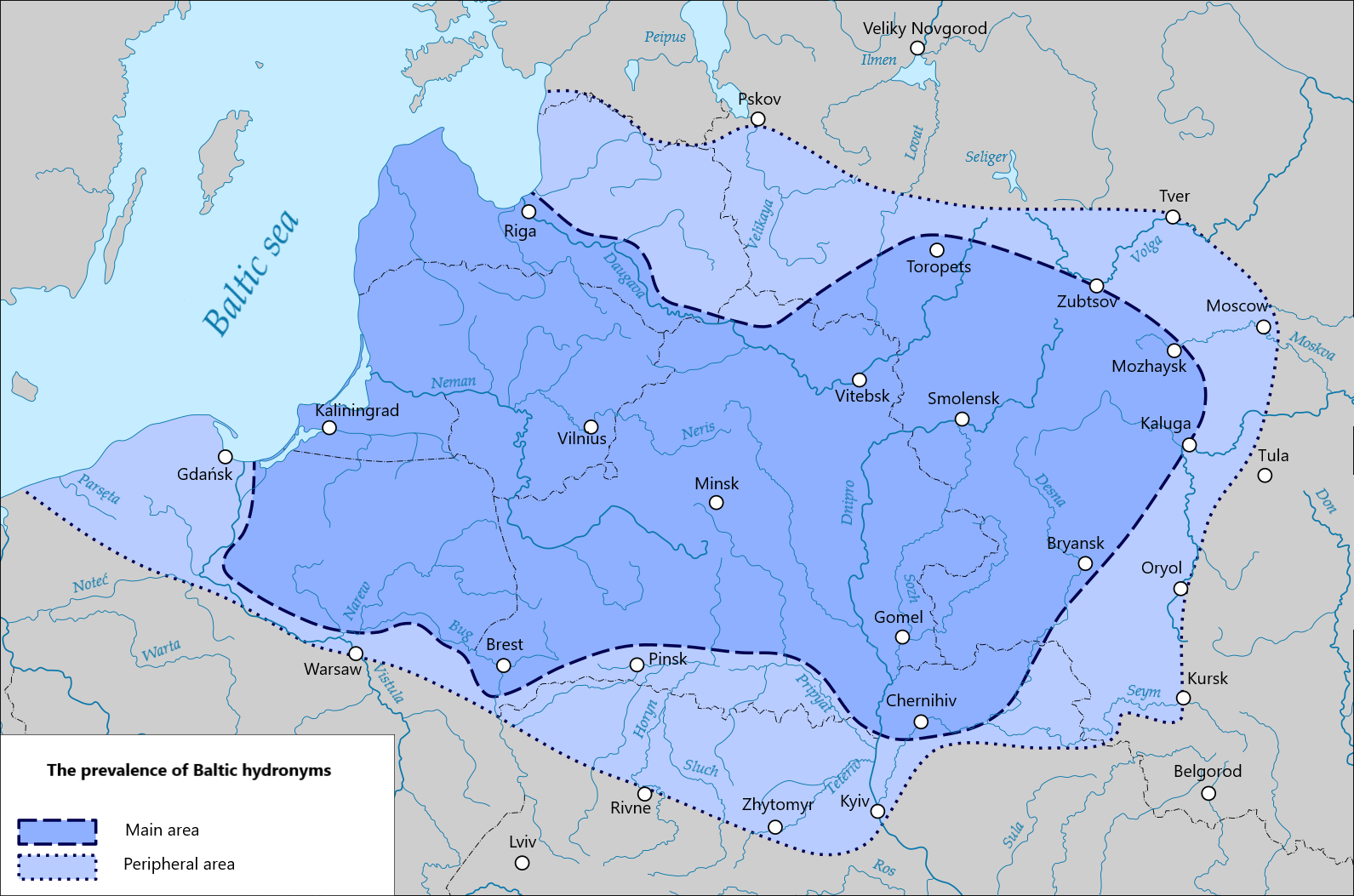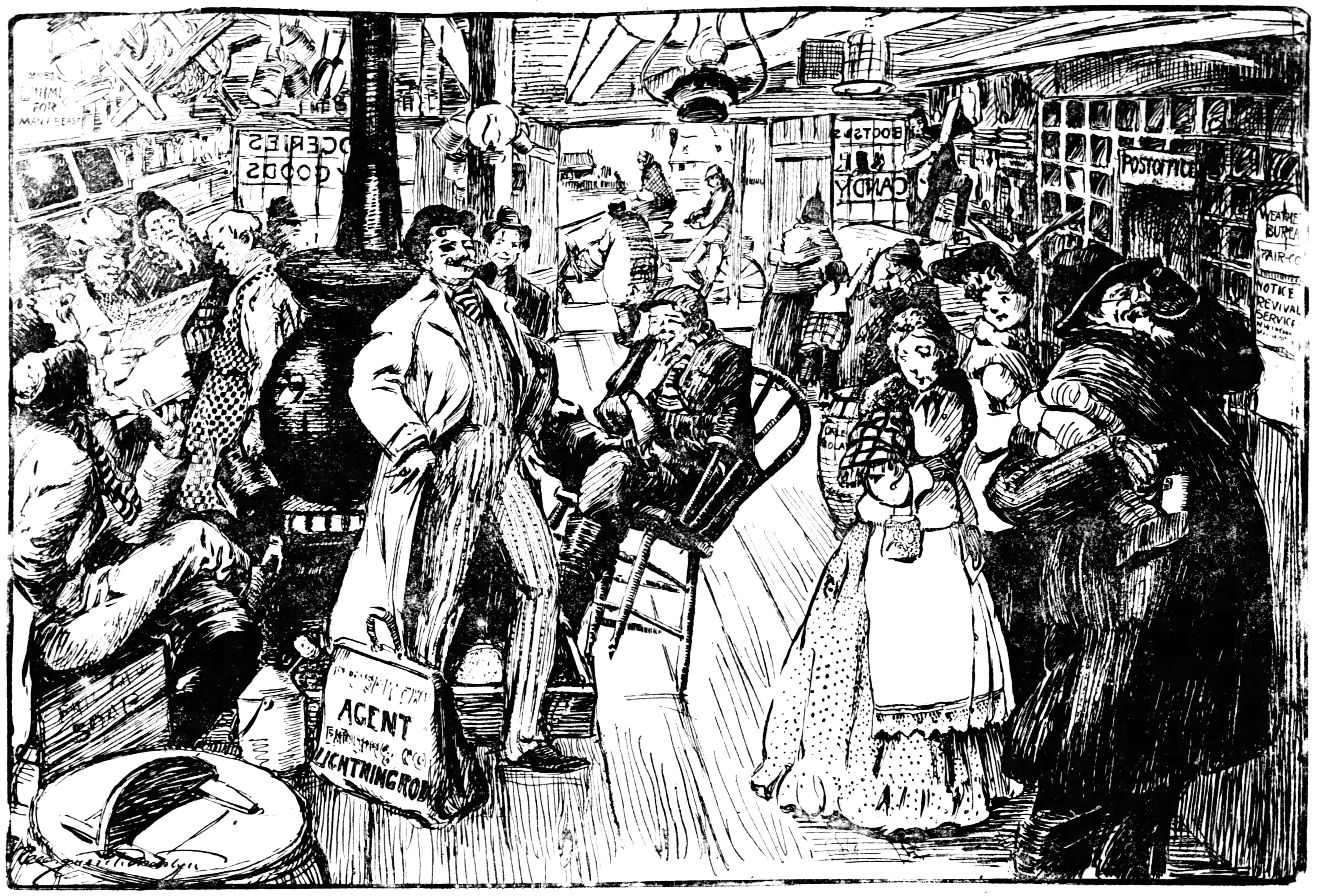|
Lietuvos ūkininkas
''Lietuvos ūkininkas'' (literally: ''Lithuanian farmer'') was a weekly Lithuanian-language newspaper published between 1905 and 1940. It was published by and reflected the political views of the Lithuanian Democratic Party, Peasant Union, and Lithuanian Peasant Popular Union. Its printing and daily operations were managed by its long-time publisher Felicija Bortkevičienė. It was a liberal publication geared towards the wider audience of less educated farmers and peasants. In 1933, its circulation was 15,000 copies. When Lithuania was occupied by the Soviet Union in 1940, the newspaper was nationalized and replaced by '' Valstiečių laikraštis''. History Aster the end of the Lithuanian press ban in 1904, Jonas Vileišis started organizing a replacement publication for '' Ūkininkas'', monthly newspaper published in East Prussia. The first issue appeared in Vilnius on 14 December 1905, after the Great Seimas of Vilnius. The first two issues were edited by Povilas Višinsk ... [...More Info...] [...Related Items...] OR: [Wikipedia] [Google] [Baidu] |
Lithuanian-language
Lithuanian (, ) is an East Baltic languages, East Baltic language belonging to the Baltic languages, Baltic branch of the Indo-European language family. It is the language of Lithuanians and the official language of Lithuania as well as one of the official languages of the European Union. There are approximately 2.8 million native Lithuanian speakers in Lithuania and about 1 million speakers elsewhere. Around half a million inhabitants of Lithuania of non-Lithuanian background speak Lithuanian daily as a second language. Lithuanian is closely related to neighbouring Latvian language, Latvian, though the two languages are not mutually intelligible. It is written in a Latin script. In some respects, some linguists consider it to be the most conservative (language), conservative of the existing Indo-European languages, retaining features of the Proto-Indo-European language that had disappeared through development from other descendant languages. History Among Indo-European languag ... [...More Info...] [...Related Items...] OR: [Wikipedia] [Google] [Baidu] |
Blood Libel
Blood libel or ritual murder libel (also blood accusation) is an antisemitic canardTurvey, Brent E. ''Criminal Profiling: An Introduction to Behavioral Evidence Analysis'', Academic Press, 2008, p. 3. "Blood libel: An accusation of ritual murder made against one or more persons, typically of the Jewish faith".Chanes, Jerome A. ''Antisemitism: A Reference Handbook'', ABC-CLIO, 2004, pp. 34–45. "Among the most serious of these nti-Jewishmanifestations, which reverberate to the present day, were those of the libels: the leveling of charges against Jews, particularly the blood libel and the libel of desecrating the host."Goldish, Matt. ''Jewish Questions: Responsa on Sephardic Life in the Early Modern Period'', Princeton University Press, 2008, p. 8. "In the period from the twelfth to the twentieth centuries, Jews were regularly charged with blood libel or ritual murder that Jews kidnapped and murdered non-Jews as part of a Jewish religious ritual." which falsely accuses Jews o ... [...More Info...] [...Related Items...] OR: [Wikipedia] [Google] [Baidu] |
Weekly Newspapers Published In Lithuania
Weekly refers to a repeating event happening once a week Weekly, The Weekly, or variations, may also refer to: News media * ''Weekly'' (news magazine), an English-language national news magazine published in Mauritius *Weekly newspaper, any newspaper published on a weekly schedule *Alternative newspaper, also known as ''alternative weekly'', a newspaper with magazine-style feature stories *''The Weekly with Charlie Pickering'', an Australian satirical news program *''The Weekly with Wendy Mesley'', a Canadian Sunday morning news talk show *''The Weekly'', the original name of the television documentary series ''The New York Times Presents'' *''Carlton Dequan Weekly-Williams'' known professionally as FBG Duck American rapper, songwriter. See also *Frequency *Once a week (other) * *Weekley, a village in Northamptonshire, UK *Weeekly, a South Korean girl-group *Weekly News (other) *Weekley (surname) Weekley is a surname. Notable people with the surname include: * ... [...More Info...] [...Related Items...] OR: [Wikipedia] [Google] [Baidu] |
Defunct Newspapers Published In Lithuania
{{Disambiguation ...
Defunct may refer to: * ''Defunct'' (video game), 2014 * Zombie process or defunct process, in Unix-like operating systems See also * * :Former entities * End-of-life product * Obsolescence Obsolescence is the process of becoming antiquated, out of date, old-fashioned, no longer in general use, or no longer useful, or the condition of being in such a state. When used in a biological sense, it means imperfect or rudimentary when comp ... [...More Info...] [...Related Items...] OR: [Wikipedia] [Google] [Baidu] |
Newspapers Published In Kaunas
A newspaper is a periodical publication containing written information about current events and is often typed in black ink with a white or gray background. Newspapers can cover a wide variety of fields such as politics, business, sports, art, and science. They often include materials such as opinion columns, weather forecasts, reviews of local services, obituaries, birth notices, crosswords, editorial cartoons, comic strips, and advice columns. Most newspapers are businesses, and they pay their expenses with a mixture of subscription revenue, newsstand sales, and advertising revenue. The journalism organizations that publish newspapers are themselves often metonymically called newspapers. Newspapers have traditionally been published in print (usually on cheap, low-grade paper called newsprint). However, today most newspapers are also published on websites as online newspapers, and some have even abandoned their print versions entirely. Newspapers developed in the 17th centu ... [...More Info...] [...Related Items...] OR: [Wikipedia] [Google] [Baidu] |
Defunct Lithuanian-language Newspapers
{{Disambiguation ...
Defunct may refer to: * ''Defunct'' (video game), 2014 * Zombie process or defunct process, in Unix-like operating systems See also * * :Former entities * End-of-life product * Obsolescence Obsolescence is the process of becoming antiquated, out of date, old-fashioned, no longer in general use, or no longer useful, or the condition of being in such a state. When used in a biological sense, it means imperfect or rudimentary when comp ... [...More Info...] [...Related Items...] OR: [Wikipedia] [Google] [Baidu] |
Publications Disestablished In 1940
To publish is to make content available to the general public.Berne Convention, article 3(3) URL last accessed 2025-05-23.Universal Copyright Convention, Geneva text (1952), article VI . URL last accessed 2010-05-10. While specific use of the term may vary among countries, it is usually applied to , images, or other |
Newspapers Established In 1905
A newspaper is a periodical publication containing written information about current events and is often typed in black ink with a white or gray background. Newspapers can cover a wide variety of fields such as politics, business, sports, art, and science. They often include materials such as opinion columns, weather forecasts, reviews of local services, obituaries, birth notices, crosswords, editorial cartoons, comic strips, and advice columns. Most newspapers are businesses, and they pay their expenses with a mixture of subscription revenue, newsstand sales, and advertising revenue. The journalism organizations that publish newspapers are themselves often metonymically called newspapers. Newspapers have traditionally been published in print (usually on cheap, low-grade paper called newsprint). However, today most newspapers are also published on websites as online newspapers, and some have even abandoned their print versions entirely. Newspapers developed in the 17th cent ... [...More Info...] [...Related Items...] OR: [Wikipedia] [Google] [Baidu] |
Mykolas Sleževičius
Mykolas Sleževičius (21 February 1882 – 11 November 1939) was a Lithuanian lawyer, political and cultural figure, and journalist. One of the most influential figures in inter-war Lithuania, he served as the prime minister of Lithuania on three occasions. Taking the helm of the government at a difficult time in 1918 and again in 1919, Sleževičius has been credited with preparing Lithuania for the fights to come and for laying the foundations of the fledgling state. Sleževičius was elected to the Lithuanian parliament, initially the Constituent Assembly, later the Seimas, on four occasions. In 1926, as a representative of the Lithuanian Popular Peasants' Union, Sleževičius became the prime minister for a third time. His government introduced important changes aimed at normalizing the situation in Lithuania, but the reforms faced resistance from the Catholic clergy, military officers and the parliamentary opposition. The resistance culminated in a military coup d'état ... [...More Info...] [...Related Items...] OR: [Wikipedia] [Google] [Baidu] |
Lithuanian–Soviet War
The Lithuanian–Soviet War or Lithuanian–Bolshevik War () was fought between newly independent Lithuania and the Russian Socialist Federative Soviet Republic in the aftermath of World War I. It was part of the larger Soviet westward offensive of 1918–1919. The offensive followed the retreat of German troops and sought to establish Soviet republics in Ukraine, Belarus, Lithuania, Latvia, Estonia, Poland and link up with the German Revolution. By the end of December 1918 Soviet forces reached Lithuanian borders. Largely unopposed, they occupied one town after another and by the end of January 1919 controlled about two thirds of the Lithuanian territory. In February, the Soviet advance was stopped by Lithuanian and German volunteers, who prevented the Soviets from capturing Kaunas, the temporary capital of Lithuania. From April 1919, the Lithuanian war went parallel with the Polish–Soviet War. Poland had territorial claims over Lithuania, especially the Vilnius Region; these ... [...More Info...] [...Related Items...] OR: [Wikipedia] [Google] [Baidu] |
Kaunas
Kaunas (; ) is the second-largest city in Lithuania after Vilnius, the fourth largest List of cities in the Baltic states by population, city in the Baltic States and an important centre of Lithuanian economic, academic, and cultural life. Kaunas was the largest city and the centre of a in the Duchy of Trakai of the Grand Duchy of Lithuania and Trakai Voivodeship, Trakai Palatinate since 1413. In the Russian Empire, it was the capital of the Kovno Governorate, Kaunas Governorate from 1843 to 1915. During the interwar period, it served as the temporary capital of Lithuania, when Vilnius was Polish–Lithuanian War, seized and controlled by Second Polish Republic, Poland between 1920 and 1939. During that period Kaunas was celebrated for its rich cultural and academic life, fashion, construction of countless Art Deco and Lithuanian National Revival architectural-style buildings as well as popular furniture, interior design of the time, and a widespread café culture. The city in ... [...More Info...] [...Related Items...] OR: [Wikipedia] [Google] [Baidu] |





